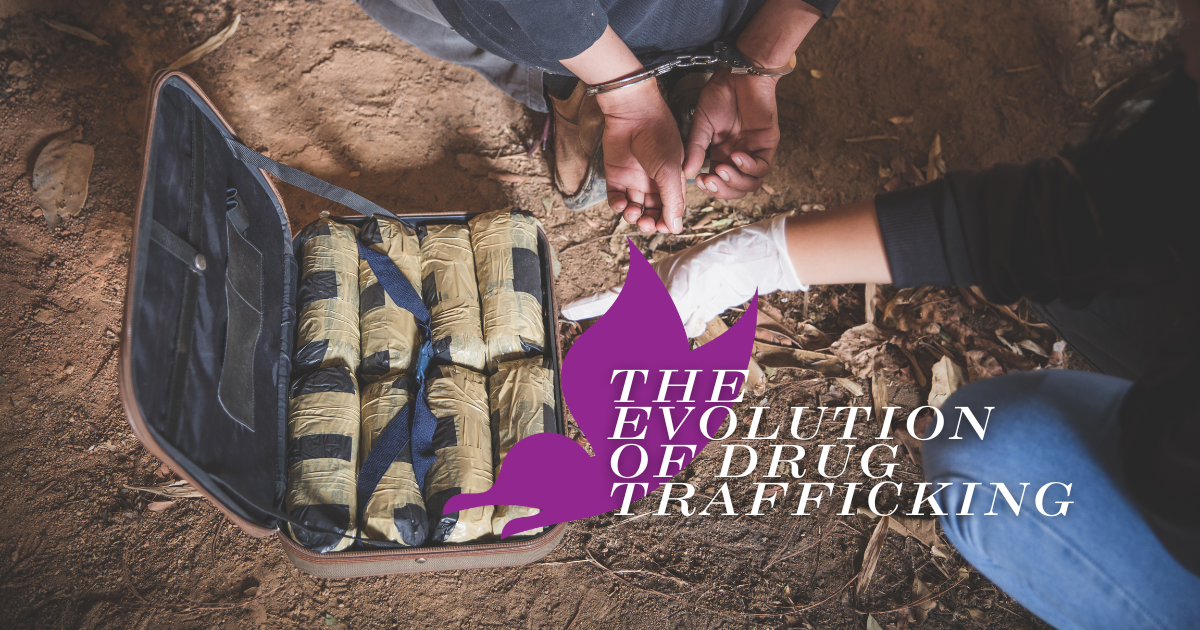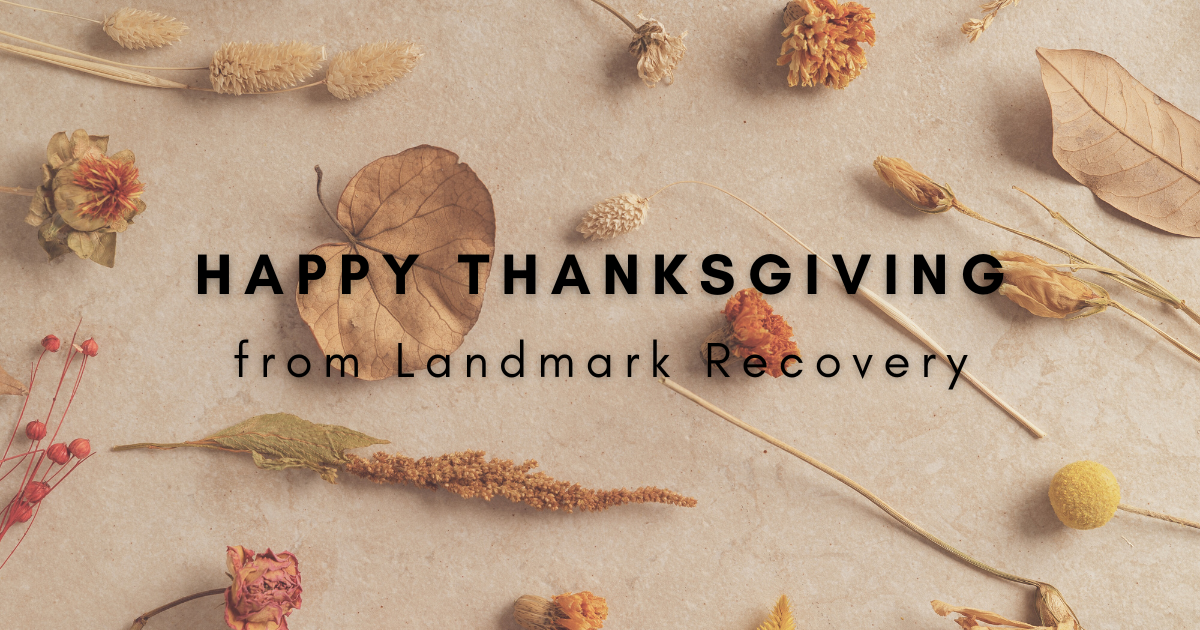How to tell if someone is abusing substances
It can be difficult to determine if a friend or family member has developed an addiction to drugs or alcohol. Substance use disorder is a quagmire of perspective inasmuch as many people who struggle with an addiction either deny the grip substances hold on them, or simply don’t believe they have a problem. Turning a blind eye to one’s own addictive traits is as easy as spotting them in someone else, which is why physicians have taken a metric approach to illustrating what a substance use disorder looks like. That’s particularly necessary for alcoholism since alcohol is legal, but even for drugs, more than half the battle to recovery is first acknowledging that the addiction is real.
Behavioral Signs of an Addiction
“Process addictions, like substance use disorders, manifest themselves in compulsive behaviors,” said Dr. Jason Kirby, Landmark Recovery’s chief medical officer. “This means people don’t feel normal without the substance. They use it to avoid any negative symptoms of feelings.”
In general, if a person continues to use a substance without regard for the negative consequences it causes, that’s a good indicator that they are suffering from an addiction. An example of this would be risking employment or relationships in order to get high or drunk. Another behavioral sign is when someone gives up activities they once enjoyed because they value use of a substance over the things that once brought them joy.
A strong indicator that someone is dealing with an addiction is if they can’t go more than a day or two without using a substance, or claim they need it in order to feel good or normal. When using a substance emerges as a focal point of their life, eclipsing daily activities or personal responsibilities, that’s a sign that someone is in the grips of a use disorder.
Stress Could be a Sign
How a person handles stress can be a clue to whether they have or may be developing a substance use disorder. There is a neuroscientifically discernible likelihood that the regular use of drugs or alcohol will become or already is part of an addictive habit for people that poorly handle stress. Six examples of stress indicators would be:
- Chronic irritability
- Consistent inability to concentrate
- Frequently spending money on something unnecessary
- Lying awake despite fatigue
- Frequently misplaced anger
- Denial of being stressed
Cross-reference these indicators with the following five common signs of alcoholism, and you’re likely to make more accurate observations:
- Drinking more or for a longer period than intended
- Trying yet failing to cut back on drinking
- Spending lots of one’s time drunk, sick, or hungover
- Thoughts about drinking during activities unrelated to drinking
- Continuing to drink often even though inebriation coincides with depression, anxiety or memory blackouts
To recognize addiction to other substances, cross-reference the stress indicators with the following signs of addiction:
- Obsessive thoughts and actions
- Disregard for the harm or setbacks of others
- Increasing social withdrawal into privacy
- Insomnia
- Sudden weight loss
- Unusual body odor inconsistent with normal body funk
- Selling important things
The Real Problem: Self
Regardless of how metric your approach may be, all of these indicators are typically like art – appraised in the eye of the beholder who, in most cases, is the substance abuser. Whether or not you embody the signs of substance use disorder, the crux of the matter will pertain to whether or not you can admit the answer to yourself. When it comes to substance abuse, the most important signs to a user are those that come with being more aware of the self, and those indicators are often observable even before the habit has been formed.
One of the more contemporary emerging in neuroscience today is what’s called incentive sensitization theory, which posits that neural pathways responsible for channeling what more or less equates to desire are highly susceptible to developing compulsive drug use and relapse. A 2018 study from a trio of Wesleyan University scientists focused on how this could explain the frequent co-morbidity of gambling disorder with substance use and anxiety disorders cited pre-existing research evincing a correlation between stress and the sensitization of the mesolimbic dopamine pathway, particularly as a relapse indicator.
The significance of this, however, is that the same study found the existing body of evidence to also be highlighting a phenomenon it called “cross-sensitization,” which is how sensitization to stress, drugs, alcohol, or gambling can also organically increase dopaminergic response to any other one of these same stimuli. In other words, a person who is particularly sensitive to stress – a personality trait attributable to factors not fully understood or identified to this day – could also become more susceptible to forming unhealthy habits with various substances. Furthermore, abusing one substance can also easily lead that same personality to abuse another and so on.
This would mean that how people process stress is intimately related to how they develop substance abuse disorders, and it makes inefficiency in coping with stress a significant indicator of whether or not a person will develop substance use disorder. It’s equally, if not more so, an indicator of what can lead that person to relapse after recovery.
Stress as a Biomarker for Addiction
Under this logic, how people handle stress is a major way to identify the indicators for whether or not they’re prone to addictive behavior, and for once, these are indicators that self awareness has no worse chance of catching than a third party due to the subjectivity of third-party observations about how well another person’s internal battle with stress is going. Children’s Hospital of Philadelphia (CHOP) published research almost exactly a year after the Wesleyan University study, and this 2019 study discovered a receptor on the surface of brain cells that is reportedly a critical determinant for – or at least a vital biomarker of – how we respond to stress.
“We have found that a specific cell receptor promotes resilience to the adverse effects of stress in animals,” said Seema Bhatnagar, Ph.D., a neuroscientist in the Department of Anesthesiology and Critical Care at CHOP. “Because we found links to the same receptor in patients with PTSD, we may have insights into developing more effective treatments for human psychiatric disorders.”
Bhatnagar’s team advocates based on their conclusions that this cell receptor, identified as the third sphingosine-1-phosphate receptor (S1PR3), should be the focal point of research on how to more effectively treat anxiety and stress going forward, and their findings inherently suggest that how people handle stress may very well be biologically determined by this lipid molecule affixed to neuron membranes and active in cellular processes like inflammation, cell migration and proliferation. The study showed how manipulations of that molecule correlated with how well rats coped with stress.
How Much Alcohol is Too Much?
At least in the case of alcohol, medical professionals are able to use consumption measurements as a starting point. Binge drinking, or excessive alcohol use is defined as consuming five or more drinks during one occasion for men or four or more drinks for women. It’s important to know that most people who binge drink don’t have an alcohol use disorder, but frequent binge drinking can be a sign that someone has developed an alcohol addiction.
In most cases, this warning sign is more meaningful to third parties who are able to make these observations objectively and, perhaps, attempt to intervene when appropriate. Signs of addiction would prove most useful to those who are, in fact, struggling with substance abuse of course, which is more a matter of self awareness.
Many venues over-serve alcoholic beverages due to the size of their glasses, and people may even do that to themselves at home. Those considered irresponsible drinkers are advised to take stock of whether or not they exhibit certain indicators. These would be things like drinking more or for a longer period than planned, spending a lot of your time drunk or hungover, abdicating responsibility to support your habit, etc.
If you or someone you know is dealing with a substance use disorder Landmark Recovery can help. Explore our treatment center locations or call 888-448-0302 and talk with an admissions specialist today.

Choose Recovery Over Addiction
We're here 24/7 to help you get the care you need to live life on your terms, without drugs or alcohol. Talk to our recovery specialists today and learn about our integrated treatment programs.




